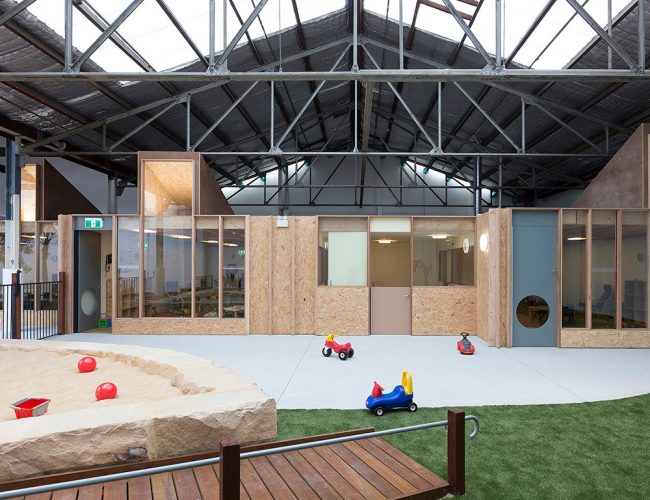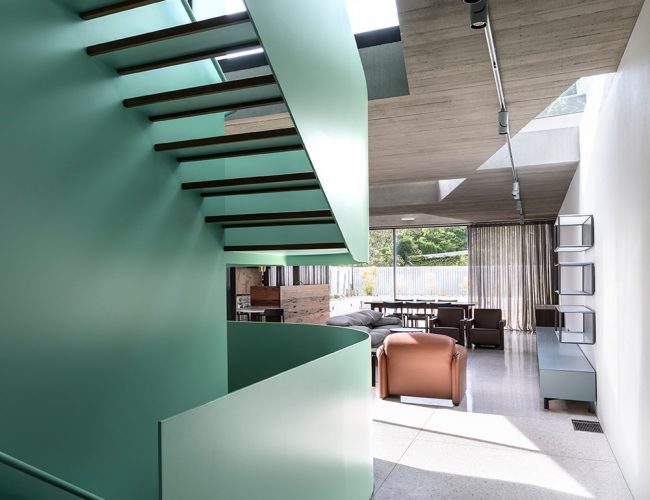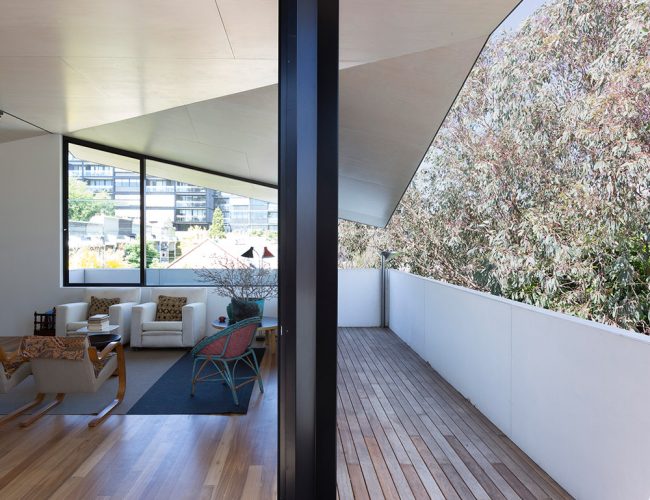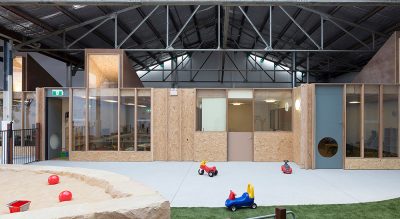We take a collaborative approach to realising fresh outcomes for each project, with an emphasis on research and development and an inherent regard for sustainability. Established in 2005, CO-AP has completed a diverse range of builds including houses and apartments, showroom and office fit-outs, hospitality design, events, educational and retail design.
The practice thrives on challenging assignments. Tackling difficult sites, complex briefs and strict planning controls enables us to seek alternative approaches to achieve better outcomes, and in doing so question the status quo. Our design process often results in layers of complexity but always strives to distill an architecture that is simple, and executed with precision and clarity.
Climate Change Action
CO-AP achieved carbon neutral certification on 10/12/2020. To achieve this status and become carbon neutral CO-AP undertook the following process:
- Commissioned a NoCO2 audit from CRI to measure their carbon footprint for FY2020. CRI’s NoCO2 audit follows the standards outlined by the World Business Council for Sustainable Development’s Greenhouse Gas Protocol Corporate Accounting and Reporting Standard (1), in addition to the international standard ISO 14064.1 (2).
- Have committed to offset their unavoidable emissions through the purchase of units in approved projects under the Verified Carbon Standard (VCS) and Gold Standard, and
- Committed to ongoing annual auditing of their emissions.
What does Carbon Neutral Service Certification mean?
By meeting the requirements of the NoCO2 Program, CO-AP is certified as a Carbon Neutral Business by CRI; can be promoted and marketed as such and can display the NoCO2 Logo issued by CRI.
What Carbon Credit Projects does CO-AP purchase offsets from?
India Clean Energy from Biomass
The aim of Biomass projects is to utilize agricultural waste or other non-renewable biomass residues as fuel to generate power and to lower the plants’ dependence on the local grid for electricity. Before the implementation of the project, the electricity needs of such plants were met by power from a coal dominated grid. To meet the rising energy demands in production, a new efficient biomass boiler was installed together with a steam turbine, producing both steam and electricity. The new boilers are fuelled with locally available agricultural waste instead of traditional, emission intensive coal.
Before the start of the project, these agricultural residues were not used. They were either burned without harnessing the resulting thermal energy, or simply left to decay, thereby generating methane emissions. The plant’s steam and electricity requirements can be now supplied by the new cogeneration unit. The investment required for the installation of the new cogeneration unit could not have been raised were it not for the revenue from sales of carbon credits.







